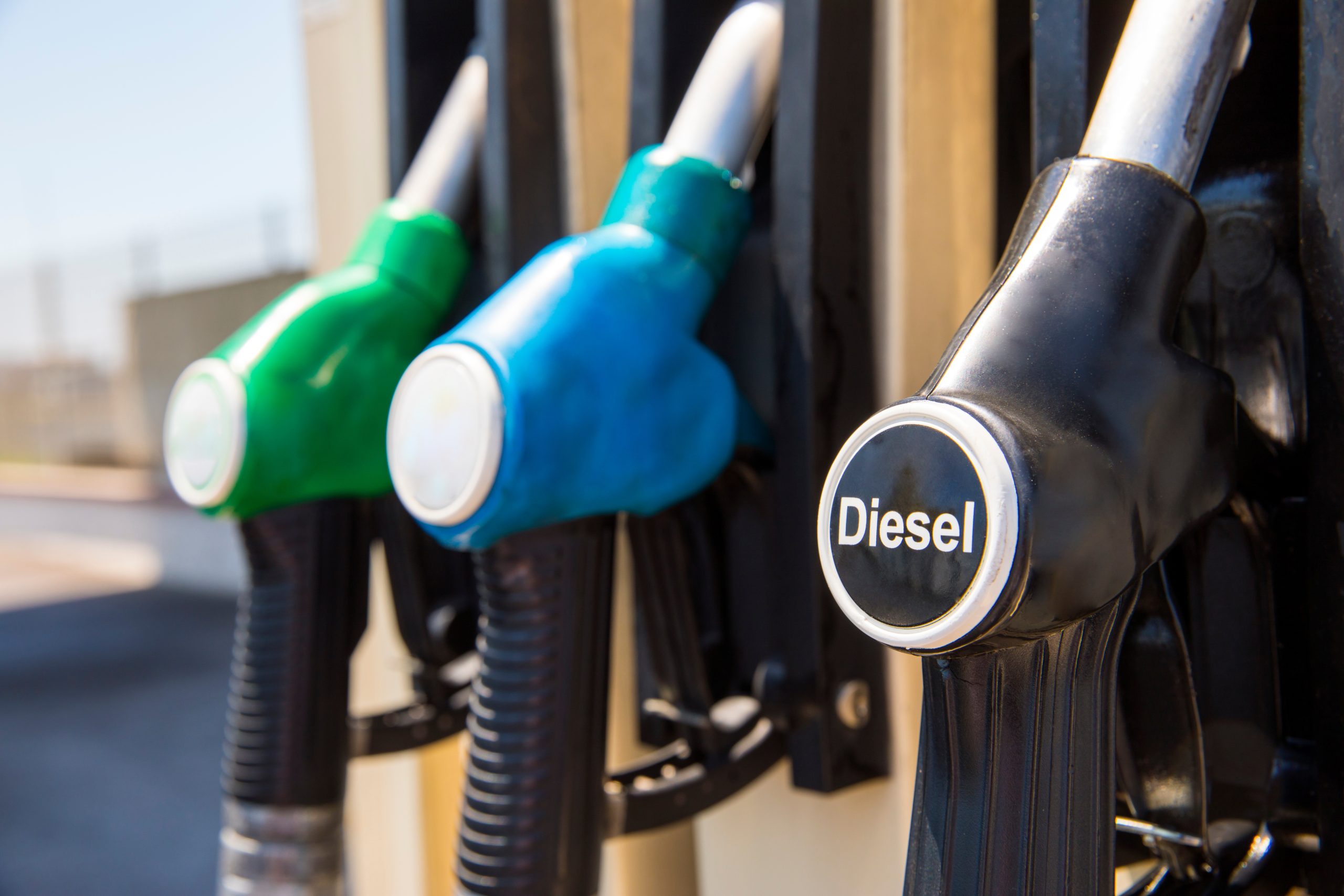
London diesel fuel sales falling at twice the pace of rest of UK
Sales fell nearly 40% over the past four years with other regions only managing a decline of 20% - demonstrating that the ULEZ not only has positive air pollution impacts, but also positive energy security and trade deficit impacts.
New analysis of Department for Energy Security and Net Zero statistics from the clean transport group Transport & Environment UK has found that sales of diesel fuel has fallen significantly in London and the fall in sales is outpacing all other regions in the UK. Figures suggest sales fell nearly 40% in London over the past four years compared to 20% in other regions.
In 2019, London introduced the Ultra Low Emissions Zone (ULEZ) which charges older, more polluting cars a fee to enter the city. Euro 6 diesel cars, or those produced in 2015 and prior, and Euro 4 petrol cars, or those produced 2006 or prior, have to pay £12.50 each day they enter.
The decline in the sale of diesel fuel has had a marked impact on air pollution – which the government has called the “largest environmental risk to public health”. A new map of London and the changes in NO2 levels on its roads between 2021 and 2022 shows marked improvements across the board.
But the data also demonstrates that air pollution measures are having a positive impact on energy security. The UK is a net importer of diesel, meaning money is flowing out of the country in order to bring the fuel in. As we saw with the energy crisis, the UK has no control over the global wholesale price of fossil fuels, including diesel, and if problems were to arise with diesel supply the country could be vulnerable to price spikes and shortage of supply.
London then, and its ULEZ, are positively contributing to the UK’s energy security – incredibly, in 2024 Londoners are on course to pay £273 million less in diesel costs than they paid in 2022.
By replicating low emissions zones in cities throughout the country, we could further secure the UK’s energy. Sheffield, Liverpool, and Greater Manchester all have nitrous oxide emissions that are beyond legal limits. Introducing clean air zone measures in these areas could not only have a positive impact on residents’ health, but would also enhance the UK’s energy security.
Transport & Environment UK sees no reason why other regions across the UK could not introduce clean air measures and, at a national level, that rules specifically targeted at reducing diesel use need to be considered. This includes banning the sale of new diesel cars before the current 2035 date, implementing a zero-emission vehicle (ZEV) mandate on HGVs to chart their pathway to only allowing the sale of zero-emission trucks, and changing the tax system so consumers are more likely to choose other types of vehicles over diesel vehicles in the near future. At the very least clean air zones need to be recognised as not only beneficial to people’s health, but also making a marked, positive difference to UK energy and trade dynamics.
Matt Finch, UK Policy Manager at Transport & Environment, said:
“Regardless of the impact of the ULEZ on air pollution, this data shows the remarkable impact clean air zones can have on energy and trade. Diesel is another dirty fossil fuel that the UK has found itself reliant on imports for, often from countries with undemocratic Governments that have poor human rights records. The smart move would be to follow London’s lead, stop burning imported dirty diesel and switch to using clean British electrons as quickly as possible.”
Oliver Lord, UK Head of Clean Cities Campaign, said:
“We’ve known for years that diesel fumes are ruining our lives so it’s inspiring to see this change in London, but the bottom line is we won’t breathe freely until diesel engines are ditched for good. With the right commitment, coordination and leadership from all levels of government our cities can be almost free of diesel by 2030, but only when coupled with the support to make that happen and especially for small businesses.”
Jemima Hartshorn, Founder of Mums for Lungs, said:
“Air pollution from diesel vehicles is known to cause cancer, asthma and stunted lungs and the UK has some of the largest number of childhood asthma. There is no doubt about it: for so many reasons, but primarily for children’s health – diesel fumes have got to go and government at all levels needs to ensure that it is phased out in a fair and equitable way.”
ENDS